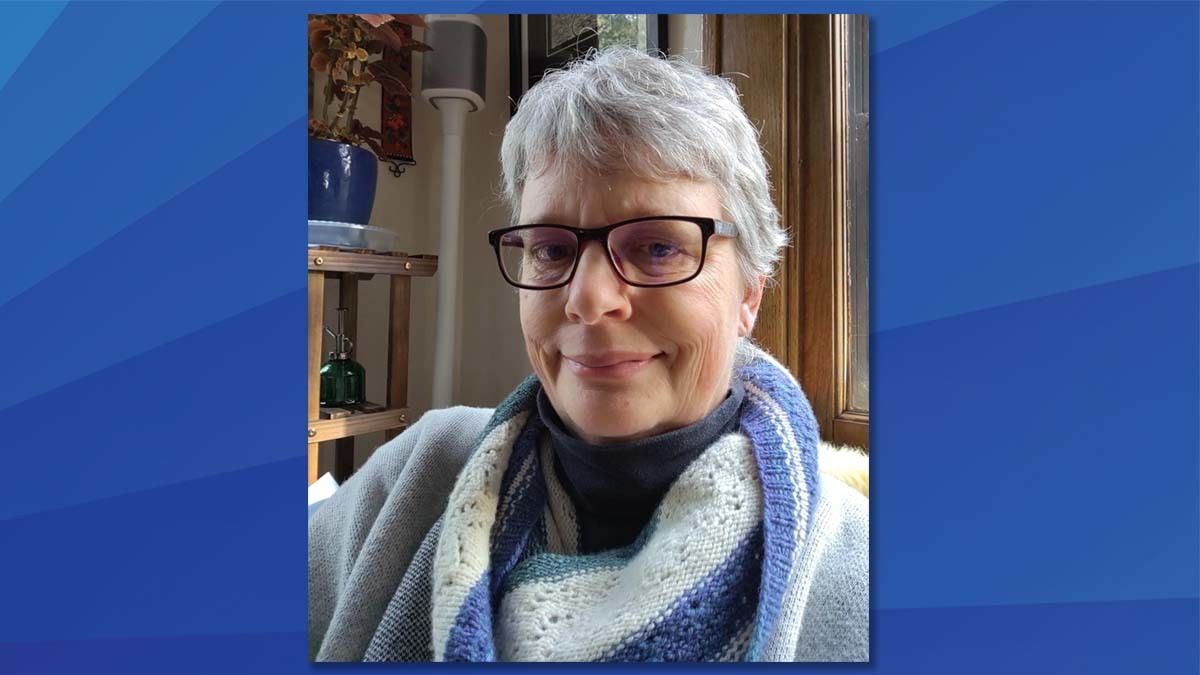
When Rosecrance Jackson Centers prevention specialist Joy Gonnerman talks about mental health or substance use disorders, expect to hear a lot more than statistics or a list of warning signs, dos, and don’ts. Expect to hear themes of hope, love, acceptance, healing, and forgiveness.
After all, these values are as central to recovery as they are the faith journey for Gonnerman, who also is a Lutheran pastor. Whatever the audience, these are core principles that consume her life as an advocate for anyone she meets who needs care.
As a prevention specialist, one of Gonnerman’s favorite discussion topics is the way shame prevents people from seeking care or finding acceptance while they struggle with substance abuse or mental health issues. Freedom from shame is a key component to Rosecrance Jackson Centers’ spirituality element, which helps clients understand the good things within themselves that they can share with the world around them.
The stigma surrounding substance use disorder can still be a barrier. “Addiction often is thought of as a moral failing—something to be ashamed of,” Gonnerman said. “Society can shame people with addictions, but they are no worse or better than people with any other illness. I want others to understand that people with addictions are beloved children of God, and everybody bears that mark, whether they know it or not.”
As a natural bridge-builder who embodies compassion, Gonnerman’s role has carried this message to impact community members in all walks of life. She has helped concerned community members learn to love relatives struggling with addiction. She also has advocated for teens in the juvenile detention system, walked beside young women sexually exploited by family members, and encouraged those in recovery. Through these journeys, she has seen the universal power of hope while standing with people in deed and word through their temptations and trials.
“My main goal is to let people know that it does matter what happens to them, and that there is somebody who cares,” she said. “Look at Jesus. He fed and healed people first—a ‘do no harm’ thing—not ‘shame on you.’”

